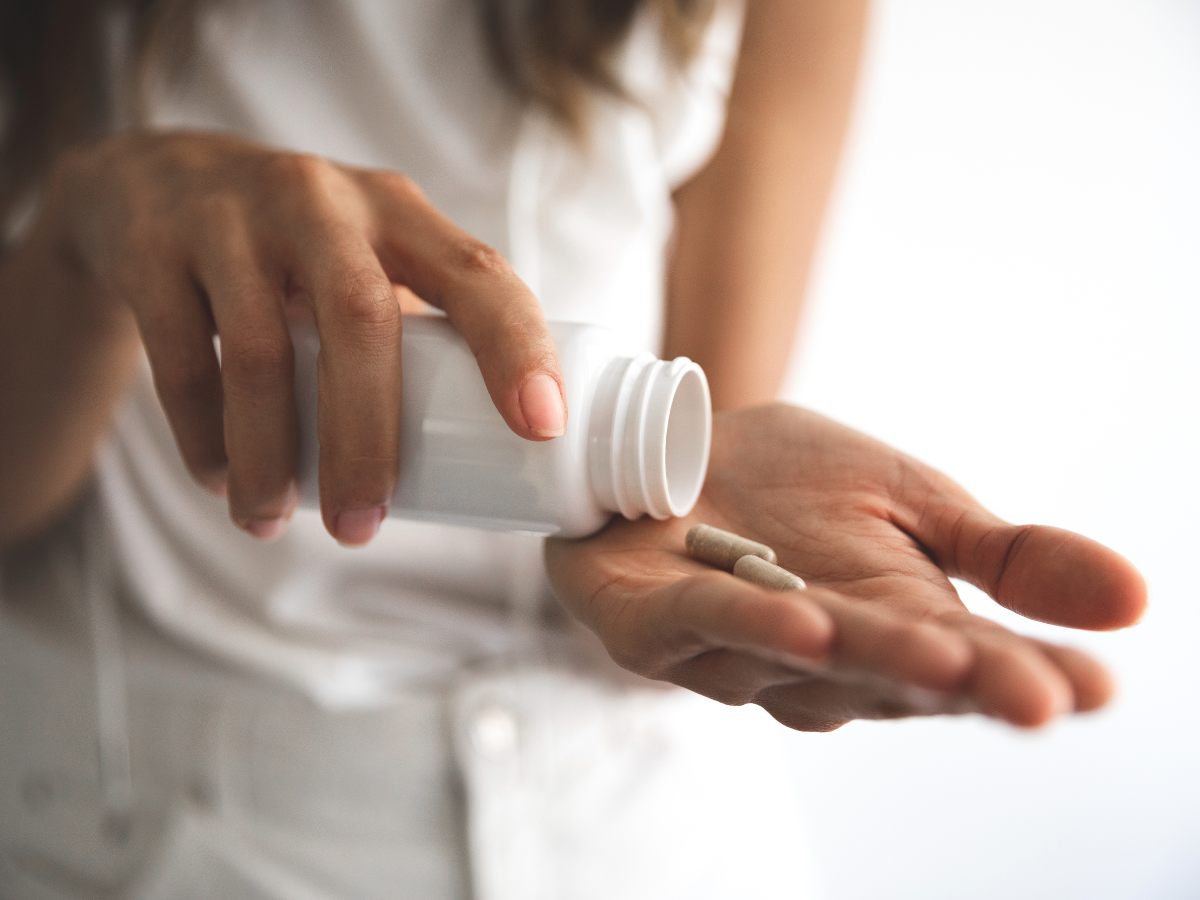
What is Berberine and what does it Do?
Berberine is a natural supplement that has been gaining popularity in recent years due to its potential health benefits, particularly in promoting longevity and regulating blood sugar levels. Berberine is an alkaloid that is extracted from various plants, including the roots, rhizomes, and bark of the Berberis shrub.
One of the most well-known benefits of Berberine is its ability to regulate blood sugar levels and increase insulin sensitivity. This makes it a potentially useful supplement for people with type 2 diabetes or those at risk of developing the condition. Studies have shown that Berberine can help lower blood sugar levels by decreasing glucose production in the liver and increasing glucose uptake in the muscles. A study conducted on 116 patients with type 2 diabetes found that Berberine was able to lower fasting blood glucose levels by 20% and HbA1c levels by 12% (1).
Berberine has also been found to have anti-inflammatory and antioxidant effects. This makes it a potential supplement for reducing inflammation in the body and protecting against chronic diseases such as heart disease and cancer. A study conducted on rats found that Berberine was able to reduce inflammation in the liver by inhibiting the expression of pro-inflammatory cytokines (2).
Moreover, Berberine has been linked to promoting longevity, as it activates an enzyme called AMP-activated protein kinase (AMPK), which plays a role in regulating cellular metabolism and increasing lifespan in various animal models. A study conducted on fruit flies found that Berberine was able to extend lifespan by up to 20% by activating AMPK (3).
In addition to its potential health benefits, Berberine may also have positive effects on skin health. Berberine has been found to have antibacterial and anti-inflammatory effects, which may make it useful for treating acne and other skin conditions. A study conducted on mice found that Berberine was able to reduce the severity of acne by inhibiting the growth of Propionibacterium acnes, a bacterium that is commonly associated with acne (4).
How does Berberine affect the skin?
Berberine has also been found to have antioxidant effects, which may protect the skin from damage caused by free radicals. Free radicals are molecules that are produced by the body in response to environmental stressors such as UV radiation, pollution, and cigarette smoke. These molecules can damage the skin by causing oxidative stress, which can lead to premature aging, wrinkles, and other skin conditions. A study conducted on rats found that Berberine was able to increase the activity of antioxidant enzymes in the skin, which may help protect against oxidative stress (5).
Overall, Berberine is a natural supplement that may have a range of potential health benefits, including regulating blood sugar levels, reducing inflammation, protecting against chronic diseases, and promoting longevity. Berberine may also have positive effects on skin health, making it a potentially useful supplement for treating acne and protecting against premature aging.
It is important to note that Berberine may interact with certain medications, such as blood thinners and antibiotics, and should be used with caution in these cases. Additionally, it is important to consult with a healthcare professional before taking any new supplement, especially if you have underlying health conditions or are taking medications.
Be well. Be safe. Be Beautiful!
References:
- Yin J, Xing H, Ye J. Efficacy of berberine in patients with type 2 diabetes mellitus. Metabolism. 2008;57(5):712-717. doi:10.1016/j.metabol.2008.01.013
- Zhang J, Yang J, Xu L, et al. Berberine attenuates hepatic steatosis and enhances energy expenditure in mice by inducing autophagy and fibroblast growth factor 21. Br J Pharmacol. 2018
#Berberine #Longevity #BloodSugarRegulation #InsulinSensitivity #Type2Diabetes #AntiInflammatory #Antioxidant #AMPKActivation #CellularMetabolism #HealthyLiving


